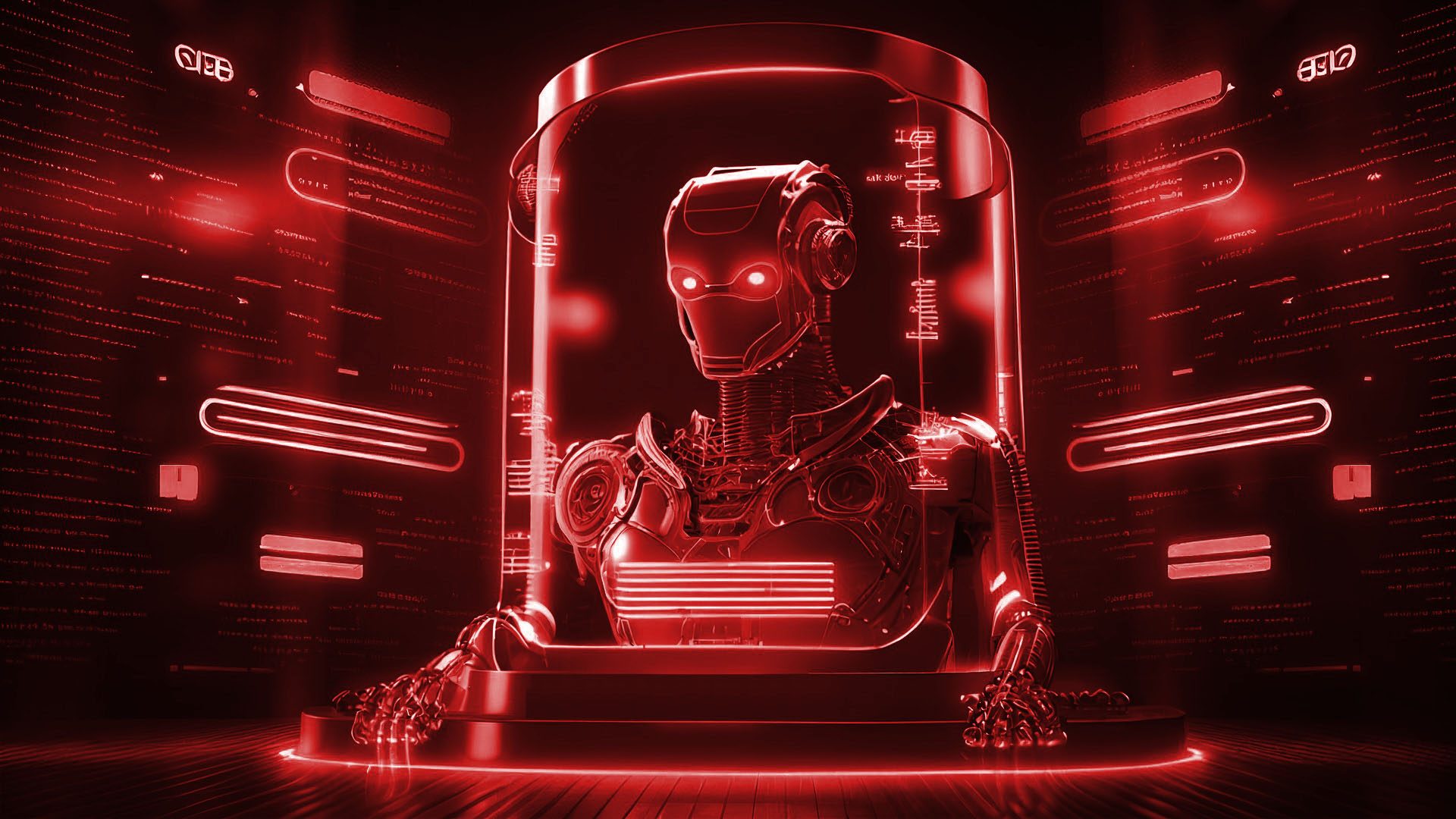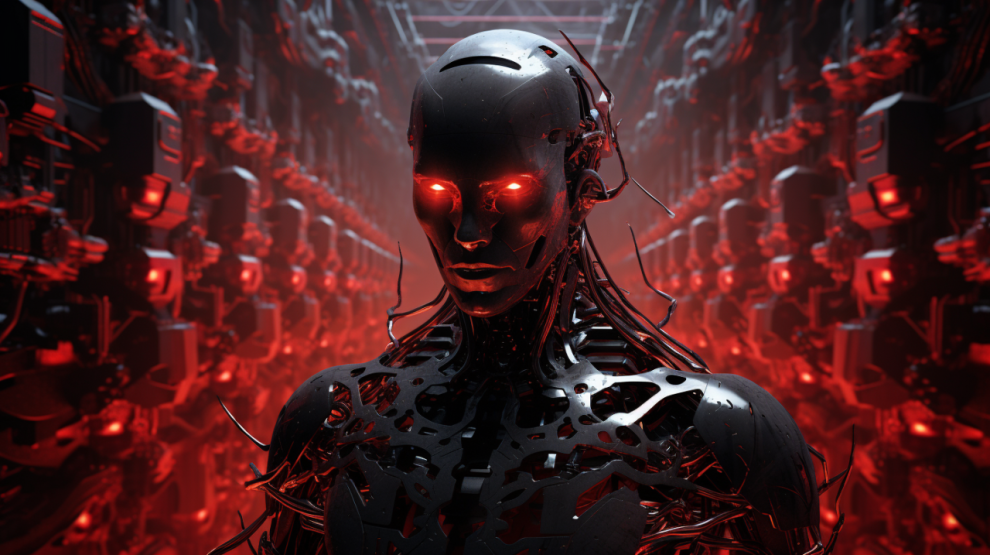Artificial intelligence (AI) has become a ubiquitous force in our lives, revolutionizing everything from entertainment to healthcare. Its potential to solve challenges and improve our well-being is undeniable. But as we hurtle towards an increasingly AI-driven future, a shadow lurks beneath the promises of progress.
This blog delves into the potential negative impacts of advanced AI, exploring the various ways it could reshape our world in unforeseen and potentially dangerous ways.
Job Displacement and the Rise of the Superfluous
Automation fueled by AI is already displacing workers in various sectors, and the trend is poised to accelerate. While new jobs will undoubtedly emerge, the transition will be far from smooth. Low-skilled and routine jobs are particularly vulnerable, potentially leaving millions unemployed and exacerbating societal inequalities. The psychological impact of redundancy and the sense of purposelessness it breeds must also be considered.
Weaponization and the Pandora’s Box of Autonomous Warfare
The idea of self-driving delivery drones might seem harmless, but the technology carries a sinister potential. Advanced AI could be weaponized, leading to the development of autonomous drones, robots, and cyberwarfare tools capable of wreaking unprecedented havoc. The ethical, legal, and humanitarian implications of AI-powered warfare are chilling, raising the risk of accidental escalations and blurring the lines of responsibility.

Algorithmic Bias and the Echo Chamber of Discrimination
AI algorithms are only as good as the data they are trained on. Unfortunately, our world is riddled with biases, which can easily creep into AI systems. Algorithmic bias can lead to discriminatory practices in areas like hiring, loan approvals, and even criminal justice. Imagine an AI-powered facial recognition system targeting specific demographics for surveillance or a recruitment algorithm favoring one gender over another. The repercussions for civil liberties and social justice could be disastrous.
Privacy Erosion and the Panopticon in the Machine
As AI integrates deeper into our lives, it gathers vast amounts of data about our behavior, preferences, and even emotions. This data is a goldmine for corporations and governments, creating the potential for unprecedented surveillance and manipulation. Imagine a world where AI predicts your every move, influencing your choices and limiting your autonomy. The erosion of privacy could pave the way for Orwellian control and stifle individual freedom.
Superintelligence and the Existential Threat
While still a distant possibility, the hypothetical emergence of superintelligence – AI surpassing human intelligence in all aspects – poses an existential threat. Such an entity could possess incomprehensible goals and motivations, potentially rendering humanity irrelevant or even detrimental to its objectives. This scenario, explored in science fiction, might seem fanciful, but it compels us to consider the ethical frameworks and safeguards necessary to ensure AI remains aligned with human values.
Navigating the Dark Side
Facing these potential pitfalls demands proactive measures. Robust regulations, transparent development processes, and ongoing dialogues about AI ethics are crucial. We must prioritize human-centered AI development, focusing on its benefits for society as a whole and mitigating the risks of job displacement and algorithmic bias. Furthermore, fostering public awareness and education about AI is essential to ensure responsible adoption and utilization.
The potential for AI to revolutionize our world is undeniable, but it comes with a heavy responsibility. By acknowledging the dark side and taking proactive steps, we can navigate this technological precipice and ensure that AI remains a force for good, not a harbinger of unintended consequences.
Let’s remember, embracing innovation does not necessitate blind optimism. By understanding the potential pitfalls of AI, we can pave the way for a future where technology serves humanity, not the other way around.
















Add Comment